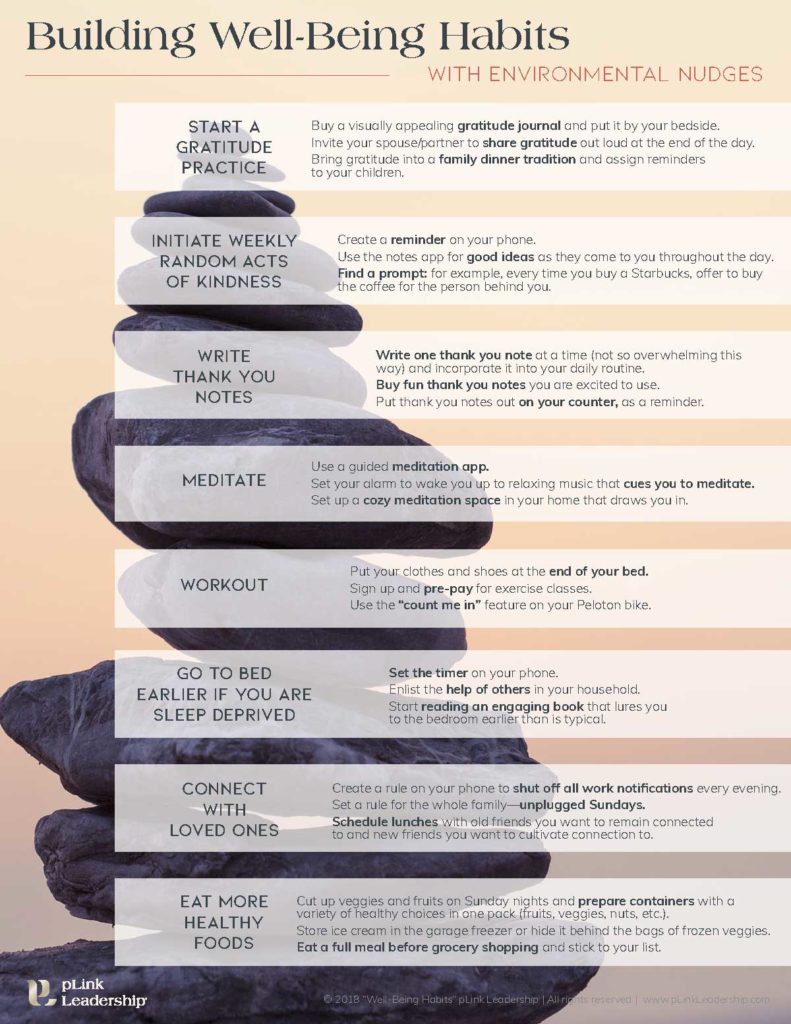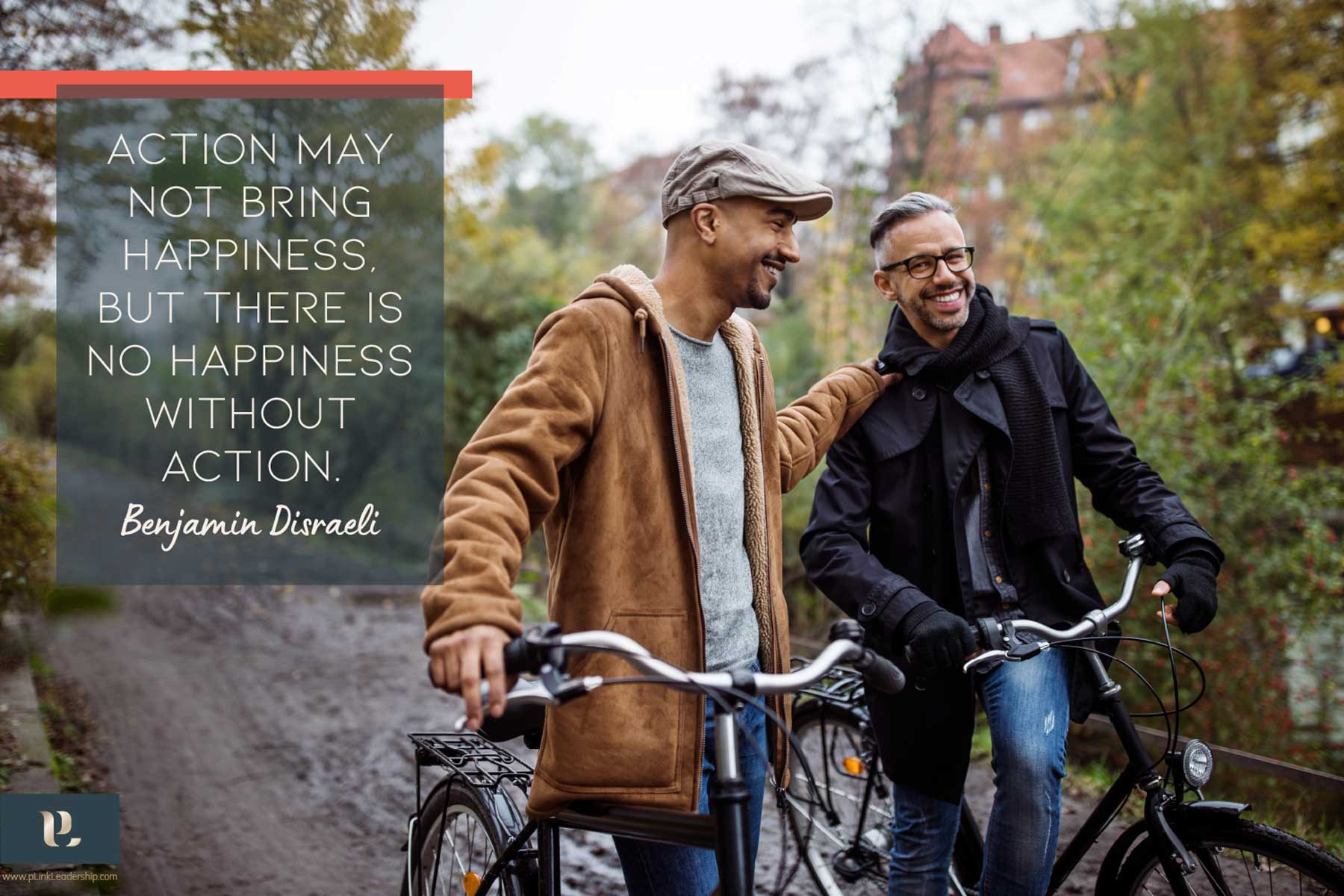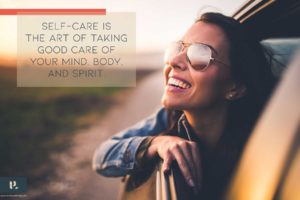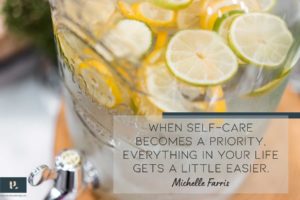When I graduated from a Master’s in Positive Psychology program last year, I began a bad habit of replacing essay writing time with Netflix time. What started as a natural reward, and a break from the deep thinking I’d done over the course of an intense year, quickly turned into a nightly binge that detracted rather than added to my well-being. For a small percentage of us, willpower alone may be enough to change a habit. For the rest of us, intentional environmental changes, called nudges, can serve us to shift our behavior.
In response to my Netflix Binge of 2018, I took my TV remote controls, put them in a zip lock bag, and placed them in the most inaccessible back-corner, high-shelf, Rubbermaid container in my closet. My nudge worked! I replaced Netflix with reading, walks around the city, and time with friends and family. A few months later, I was noticeably happier.
You’re probably curious why I didn’t take the 20 seconds to track down my remote in the back of the closet, or simply watch Netflix on my laptop. It turns out, all I needed was to break down the default pathway I had become accustomed to—grabbing the remote and plopping down on the couch. This routine had become too easy and was my evening default. Adding a step to the process was a forced reminder of the new ways I wanted to spend my time, and it was all I needed to change my habit for good. That little nudge caused me to pause and create a new evening plan more aligned with the well-being outcomes I aspired to. Eventually, I was able to pull the remote out of the closet and put it back in my living room without feeling tempted.
Are there new habits you’d like to commit to that will improve your well-being? Try this.
Ask yourself these questions:
- What new habit do you want to create? (see chart below for ideas)
- What’s your bad habit trigger?
- How can you create an environmental nudge that shifts your actions to the new habit?
I’ll walk through these three questions with another example from my own life:
- What new habit do you want to create? A morning workout habit.
- What’s your bad habit trigger? My bad habit trigger was pressing snooze on my alarm.
- How can you create an environmental nudge that shifts your actions to the new habit? I knew if a friend was waiting on me, I would not hit snooze. I posted a request on my apartment’s message board for a daily workout buddy. Someone answered my request, and we have been faithfully working out every morning for five months now! I am still not a morning person, and getting out of bed is rough, but knowing Rob is waiting on me is the nudge I needed.
If you’re not sure what well-being habit to cultivate, here are a few ideas of scientifically-backed wisdom drawn from positive psychology research:




